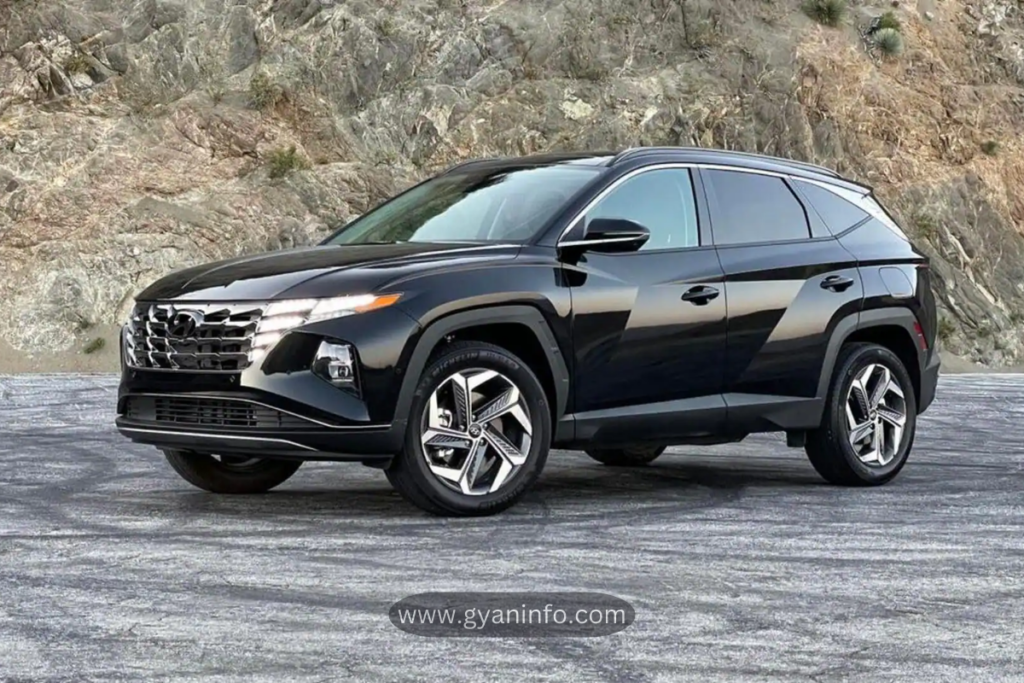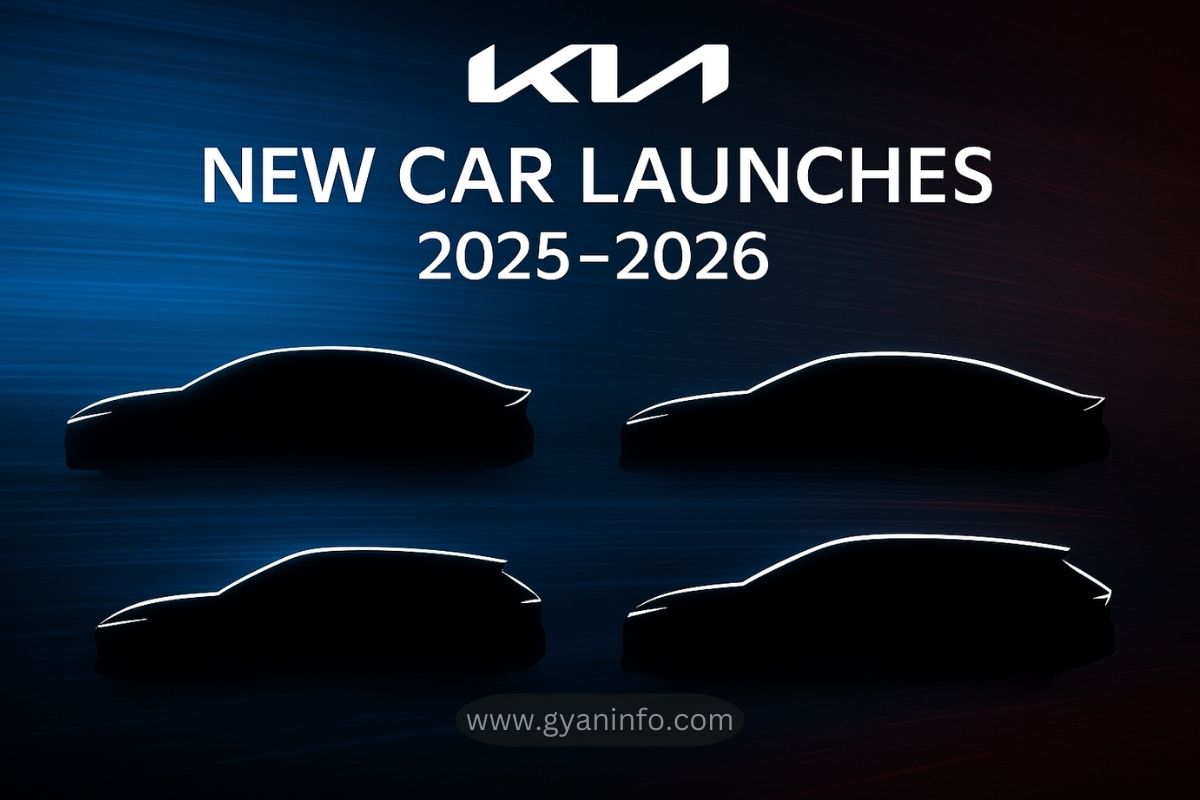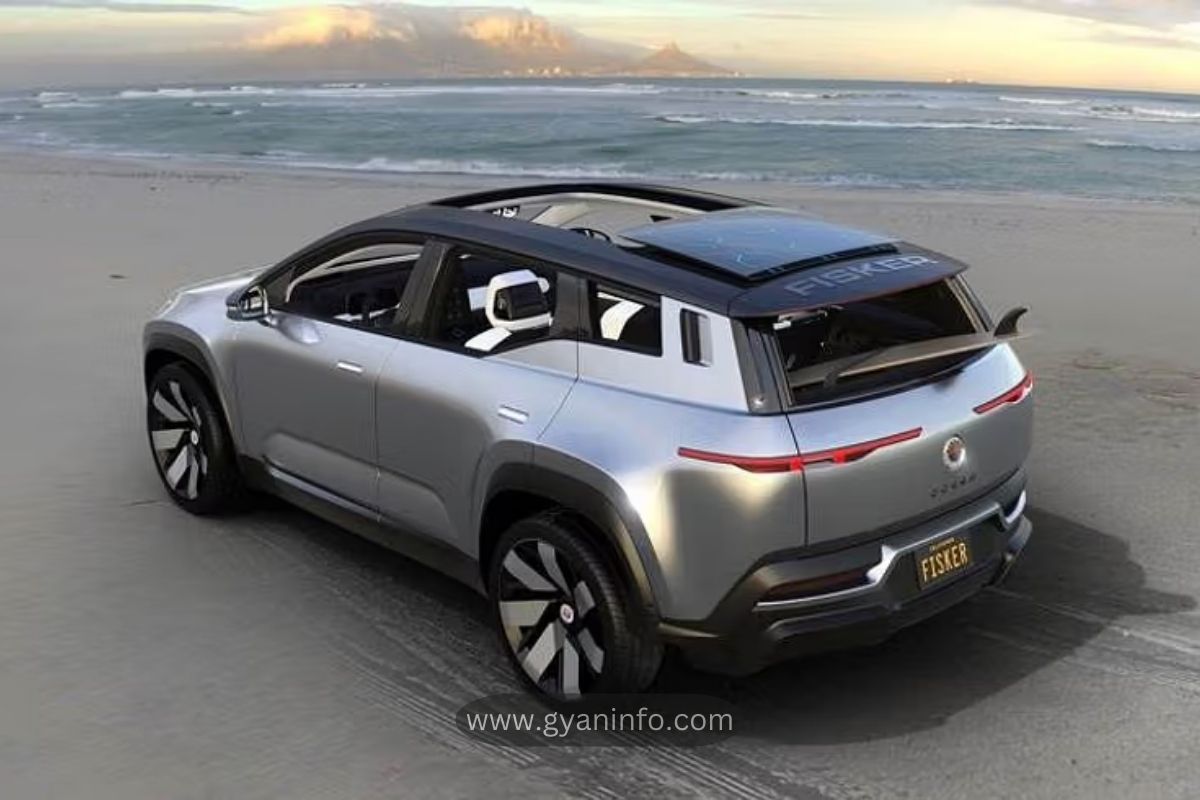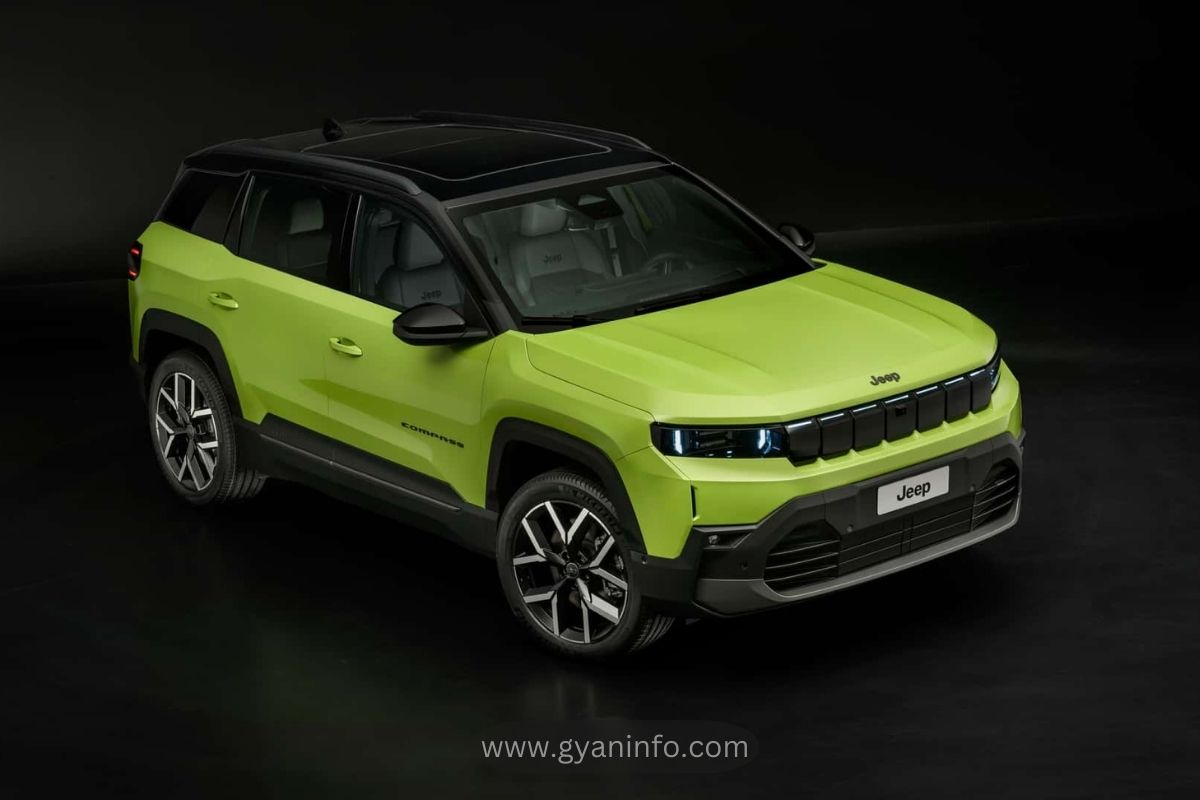Hyundai Motor Group is poised to make a significant entry into India’s hybrid vehicle segment, with plans to launch two new hybrid SUVs between 2026 and 2027. This move represents a strategic pivot from an exclusive focus on electric vehicles (EVs) to a more diversified approach that includes hybrid technology, tailored to the unique demands of the Indian automotive market.

Strategic Shift Towards Hybrid Technology
Recognizing the challenges associated with EV adoption in India—such as limited charging infrastructure and higher upfront costs—Hyundai is adapting its strategy to include hybrid vehicles. Hybrids offer a practical alternative, combining internal combustion engines with electric motors to enhance fuel efficiency without relying solely on charging stations. This approach allows Hyundai to address current market limitations while still progressing toward electrified mobility.
Also Read: BMW X1 Faces a Strong New Competitor in India’s Luxury SUV Market
The Ni1i SUV: Hyundai First Hybrid Model for India
One of the anticipated models is the Ni1i SUV, which will be positioned between the Alcazar and Tucson in Hyundai’s lineup. This three-row SUV is expected to feature a petrol-hybrid powertrain, potentially based on Hyundai’s existing 1.5-liter naturally aspirated petrol engine.
The Ni1i aims to compete with models like the Mahindra XUV700 and Tata Safari, offering spacious interiors and advanced hybrid technology. Production is slated to commence at Hyundai’s Talegaon plant, with an annual target of approximately 50,000 units.
Expanding the Hybrid Portfolio
In addition to the Ni1i, Hyundai is reportedly developing a hybrid SUV comparable in size to the mid-sized Creta. This model is part of Hyundai’s broader plan to introduce hybrid variants across its SUV range, including potential hybrid versions of the Creta, Alcazar, Verna, and Tucson by 2027. These developments underscore Hyundai’s commitment to offering a diverse array of powertrain options to meet varying consumer preferences.
Market Implications and Competitive Landscape
The introduction of hybrid SUVs positions Hyundai to compete more effectively with established players like Toyota and Maruti Suzuki, who have already made inroads into India’s hybrid segment.
By leveraging its global expertise in hybrid technology, Hyundai aims to capture a significant share of this growing market. This strategic move also aligns with Hyundai’s plans to localize production, thereby enhancing cost competitiveness and supply chain efficiency.
Also Read: 5 New Car Launches Waiting to Happen in May 2025 in India
Conclusion
Hyundai’s forthcoming hybrid SUVs represent a calculated response to the evolving dynamics of the Indian automotive market. By integrating hybrid technology into its product lineup, Hyundai is not only addressing current infrastructural challenges but also laying the groundwork for a more sustainable and diversified mobility future in India.

Hi Friends! I am Rohit Yadav, a web developer, digital marketer and blogger from Chandpatti, Azamgarh (U.P). I love to write a blog and share our thoughts and knowledge with other peoples.







